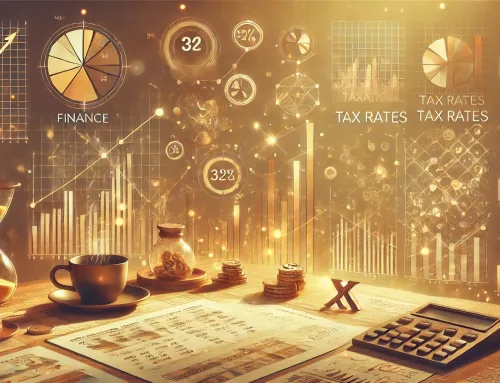October 3, 2022
As a result of lower energy prices and lowered inflation predictions, consumer sentiment in the United States increased slightly in September to its best level in five months.
The final estimate of the University of Michigan’s consumer mood index rose to 58.6 in September from 58.2 in August and was released on Friday. However, the index decreased from the preliminary mid-month figure of 59.5.
Consumer sentiment was predicted to remain unchanged from the initial assessment by economists surveyed by The Wall Street Journal.
According to Joanne Hsu, the survey’s director, the buying conditions for durable goods and the one-year economic outlook both improved from their extremely low readings earlier in the summer. However, these improvements were largely offset by slight declines in the long-term outlook for business conditions.
Despite recent gains in the index, consumer confidence in the United States is still at historically low levels due to worries about inflation and a slowing economy. From 8.5% in July to 8.3% in August, US inflation modestly decreased.
For the third month in a row, Americans’ short-term inflation forecasts decreased in September. The United States’ forecast for price growth in 2019 is 4.7%, the lowest level since September 2021 and down from 4.8% in August.
A key measure for the Federal Reserve’s officials, expectations for inflation over the next five years, fell from 2.9% in the previous month to 2.7% this time around. The long-term inflation predictions are below the 2.9% to 3.1% range for the first time since July 2021.
Source: MarketWatch
Legal Notice: The information in this article is intended for information purposes only. It is not intended for professional information purposes specific to a person or an institution. Every institution has different requirements because of its own circumstances even though they bear a resemblance to each other. Consequently, it is your interest to consult on an expert before taking a decision based on information stated in this article and putting into practice. Neither Karen Audit nor related person or institutions are not responsible for any damages or losses that might occur in consequence of the use of the information in this article by private or formal, real or legal person and institutions.






